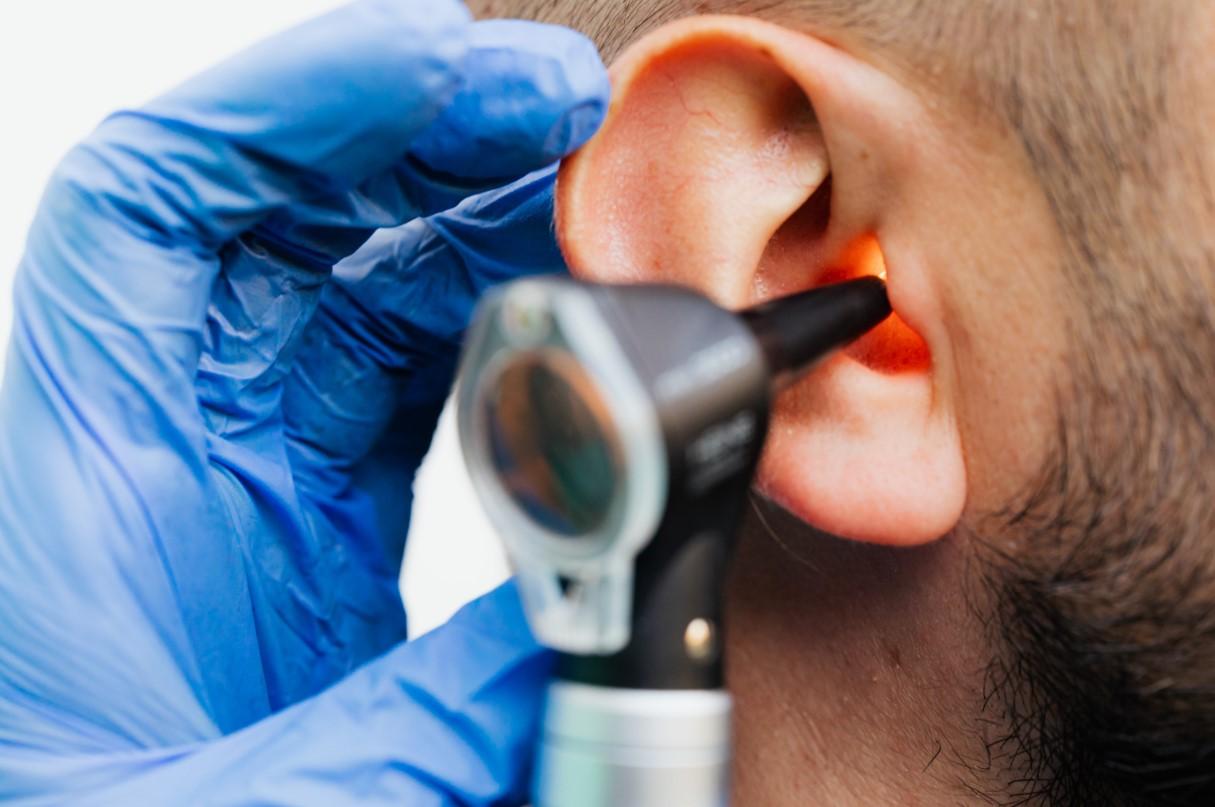How Can Hearing Loss Affect Your Balance?

Apart from perceiving sounds, the ears play a critical role in maintaining balance and helping people understand where they are and their position. The ear enables a human being to know if they are upright or even falling. The ears work together with the eyes and the brain in maintaining balance. The inner ear structure, named labyrinth, is responsible for perceiving gravity and helping the body maintain balance and stay upright. While the cochlea in the labyrinth controls the perception of sound, the semicircular canals and otolith organs maintain balance. In this regard, hearing loss may be accompanied by problems in proportion.
A problem in the ears may affect the parts of the ear that influence balance. However, it is possible to suffer hearing loss and balance issues. This may arise if the part of the ear perceiving sound is affected by a particular condition leaving out the region involved in balance. However, it is a matter of concern if a person experiences hearing loss and balance issues since there might be a more significant problem, such as damage to the vestibular system. If this arises, a person should seek help from a hearing and balance clinic. Among the most common ways in which hearing loss affects balance include the following:
1. Hearing Engages the Brain:
Even the slightest loss of hearing could influence a person’s brain activity. The brain tries to compensate for the difference in hearing, further straining its resources. The extra brain engagement reduces the mental resources which could otherwise be used in cognitive functions such as balance. Despite the simplistic view of the implications of mild hearing loss, it dramatically affects brain activity. Additionally, hearing loss may increase the possibility of anxiety and depression, which reduces a person’s alertness to things around them, hence increasing the likelihood of falling.
2. Aging Effects on Balance and Hearing:
With increased aging, various organs in the body deteriorate, leading to decreased performance of their functions. Consequently, advanced age causes a reduction in the parts of the vestibular sense. The ability of a person’s receptors to perceive both hearing and grounding, which are directly linked to balance, decreases.
3. Hearing Enhances Balance:
Besides being a common factor between balance and hearing, sound also directly influences balance. The contribution between senses such as sight and sound enables a person to determine their grounding position and affects their posture. In this regard, reduction or loss of hearing directly influences the individual’s ability to coordinate with other senses to achieve balance.
Based on the functions of the ear system, it is evident that it is a vital component in both perceiving sound and balance. The ear works with other organs such as the eyes and nervous system to perceive the body's orientation, thus controlling balance. Therefore, it is advisable to seek medical attention immediately for hearing and balance conditions. This may be witnessed through dizziness or even headaches. However, hearing loss does not exclusively cause loss of balance, despite being correlated.








